People like to debate about the identity of the fifth Beatle, but there’s really only one answer that makes sense. George Martin was the guy in the room with the four members of the group for the vast majority of their recordings, and his input into their music was often essential to its overall effect.
Videos by American Songwriter
We could have made this list much longer if we chose. But here are five instances where George Martin’s expertise and taste as a producer made a massive difference in The Beatles‘ catalog.
“Please Please Me” from Please Please Me (1963)
When The Beatles signed with the Parlophone branch of EMI, Martin, who served as the in-house producer for the label, wasn’t quite sure what he’d been handed. They came in with what he felt was an inferior drummer (which led to the hiring of Ringo Starr to replace Pete Best), and he didn’t think their original songs were all that great. In fact, he forced them to raise their game by refusing to allow them to record “Please Please Me” in its original, Roy Orbison-influenced arrangement. The Beatles listened to his advice, sped up the tempo, and came away with their first No. 1 single in the UK.
“Yesterday” from Help! (1965)
Martin was crucial in the realization of this evergreen hit in a couple of ways. He was quick to realize that trying to record the tender ballad in a full-band arrangement would have been folly, instead encouraging Paul McCartney to take it on solo with an acoustic guitar and string quartet backing him. In that arrangement, Martin knew enough not to overdo it with the strings. Note how they don’t pop up until the second verse, which allows McCartney to set the woeful tone. When they finally arrive on the scene, they do so in a way that accentuates the tune instead of overwhelming it.
“Tomorrow Never Knows” from Revolver (1966)
As they progressed through their psychedelic period, The Beatles became more and more interested in going beyond the parameters of what pop music normally encompassed. That meant Martin would have to help them get everything they could out of the studio setting. On “Tomorrow Never Knows,” John Lennon’s deconstructed pop opus, Martin translated Lennon’s instructions for how he should sound on the mic, while also helping assemble the surreal tape-splice effects. Mission accomplished, and then some, on both fronts.
“Penny Lane” (Single, 1967)
Most of the music The Beatles made in their annus mirabilis of 1967 bears Martin’s stamp in one way or another. That includes everything from the way he helped cut and paste masterpieces like “Strawberry Fields Forever” and “A Day in the Life Together” together, to the bits of orchestral frippery he added to “All You Need Is Love.” On “Penny Lane,” his musical knowledge helped the song reach its potential. While watching an orchestral performance on TV one night, Paul McCartney heard a high-pitched trumpet he wanted in the song. It was Martin who immediately knew to what Macca was referring, and he commissioned a piccolo trumpet part for that purpose.
“Golden Slumbers/Carry That Weight/The End” from Abbey Road (1969)
The making of the record that would become Let It Be wasn’t a pleasant experience for anyone involved. Martin felt sidelined by The Beatles’ impulse to try and catch everything off-the-cuff without the polish of previous records. When they decided to right the ship and make Abbey Road, they had to promise the producer he’d once again be able to make his normal suggestions and contributions. It’s difficult to imagine the group could have pulled off the combination of elegant sadness and cathartic abandon of the album’s final medley without Martin around to make sure everything fell properly into place.
Photo by Rob Verhorst/Redferns





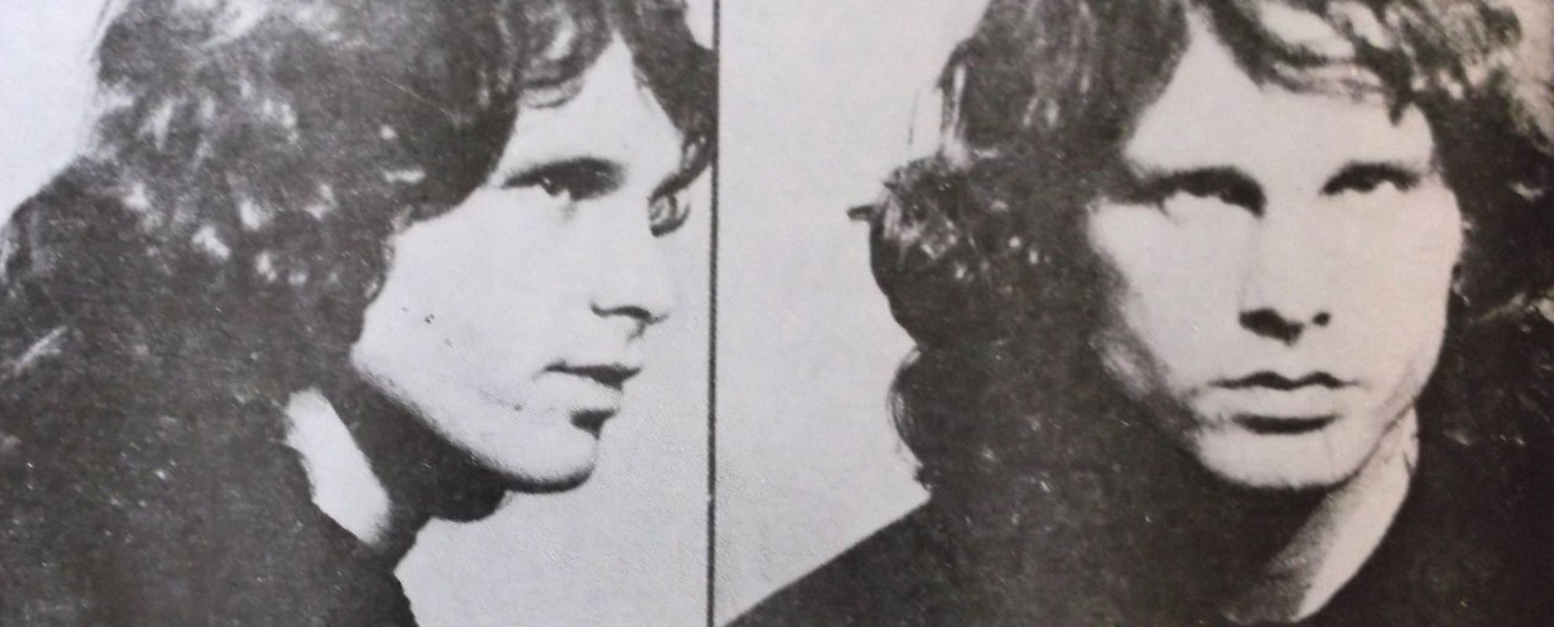

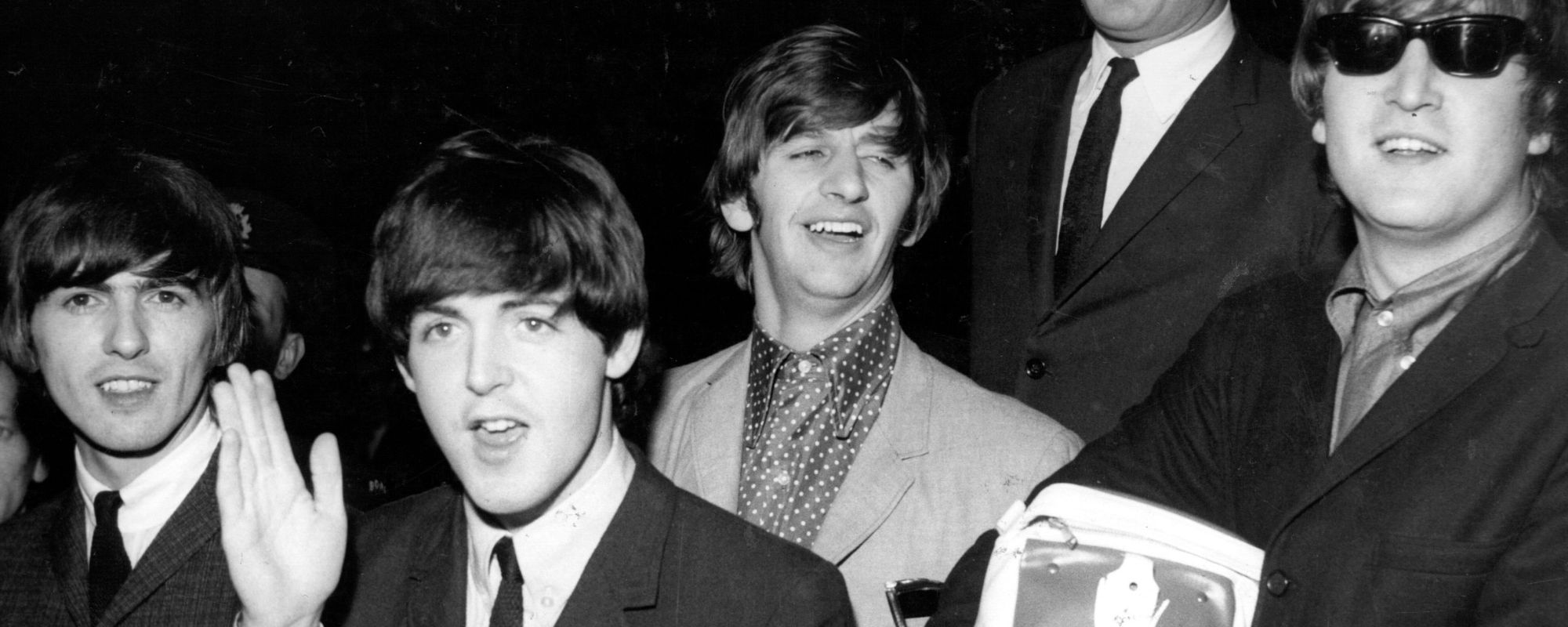
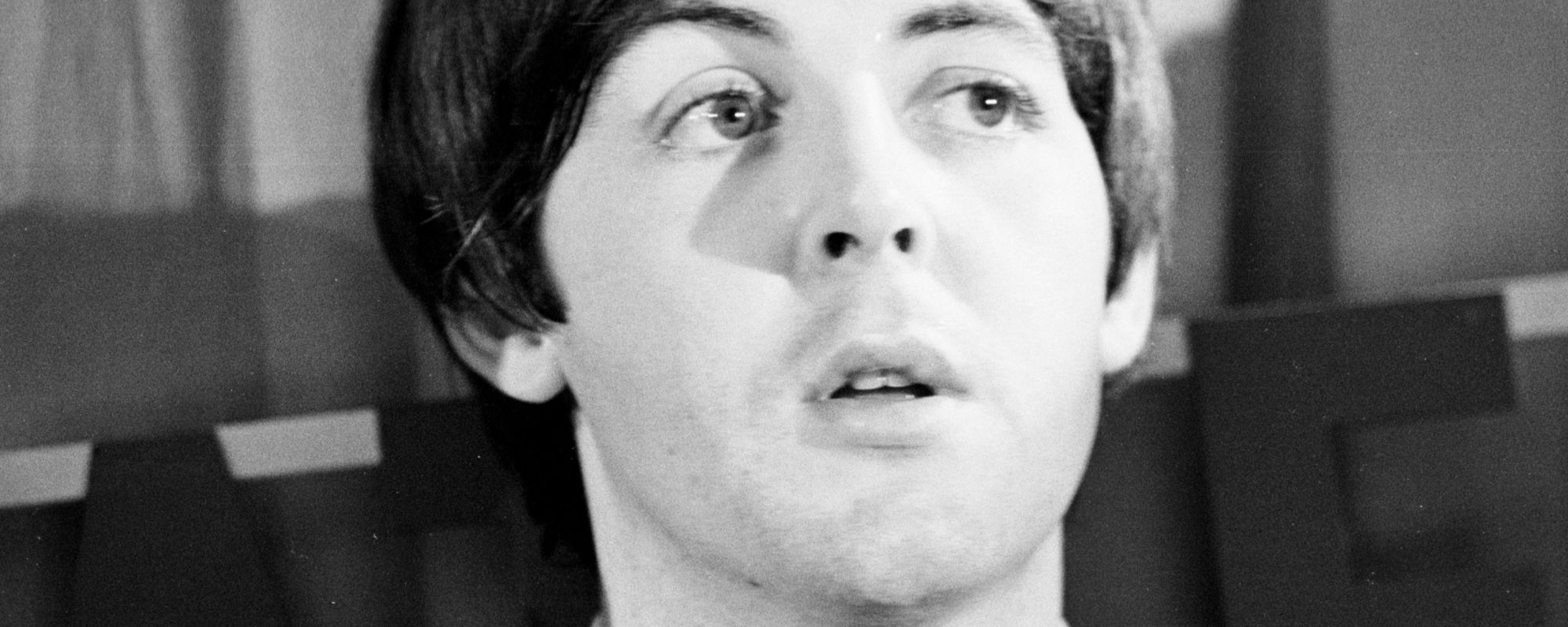
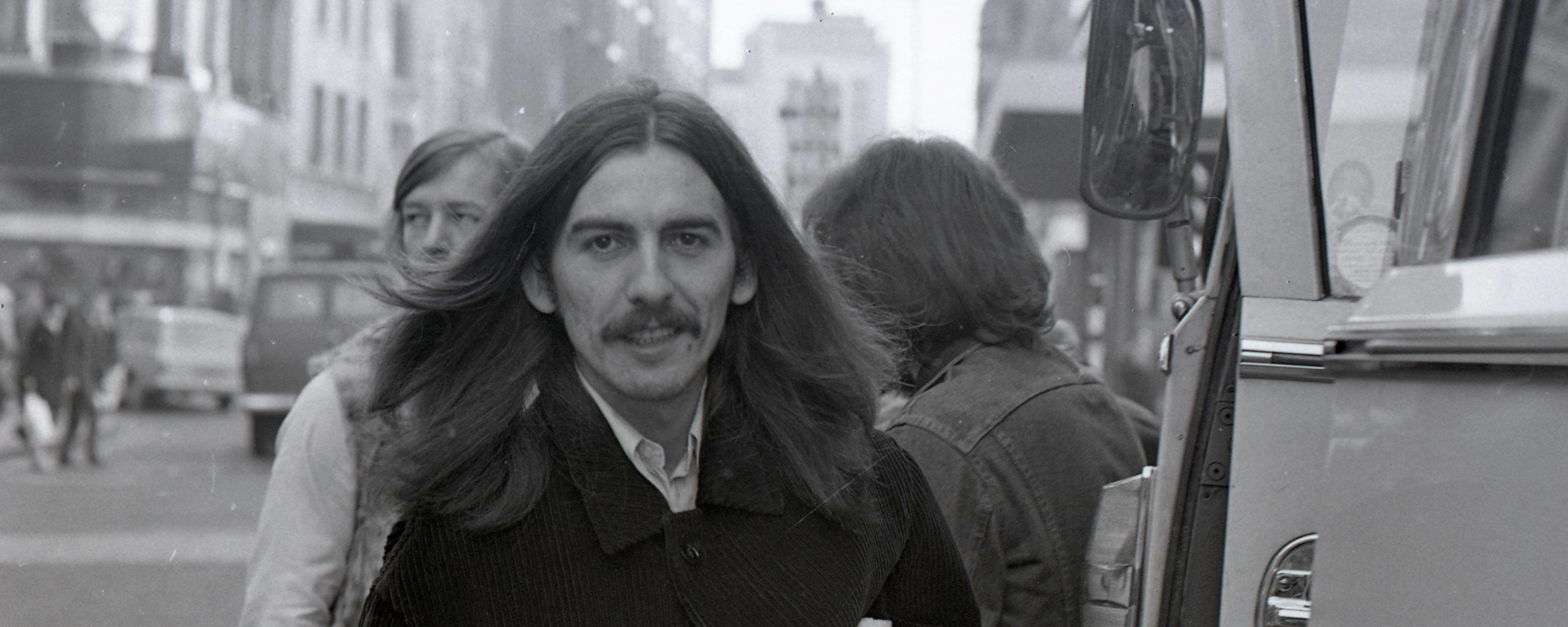
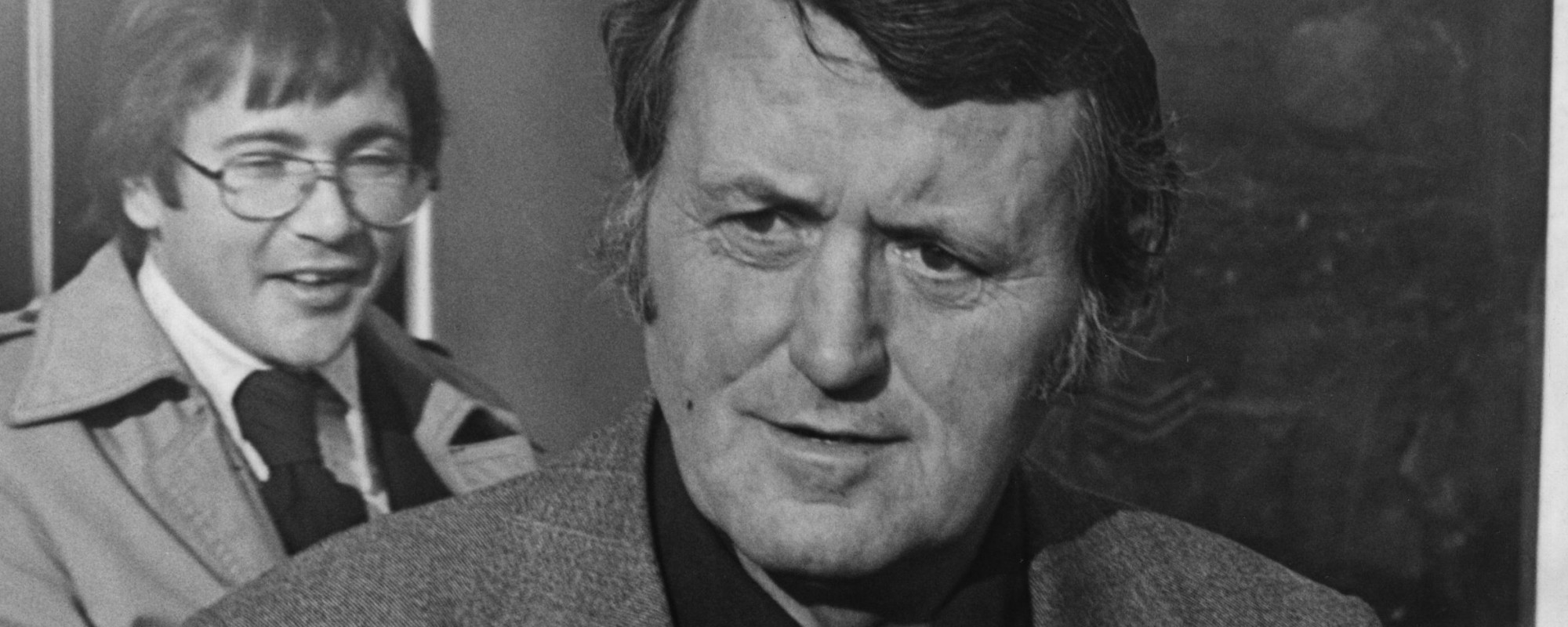
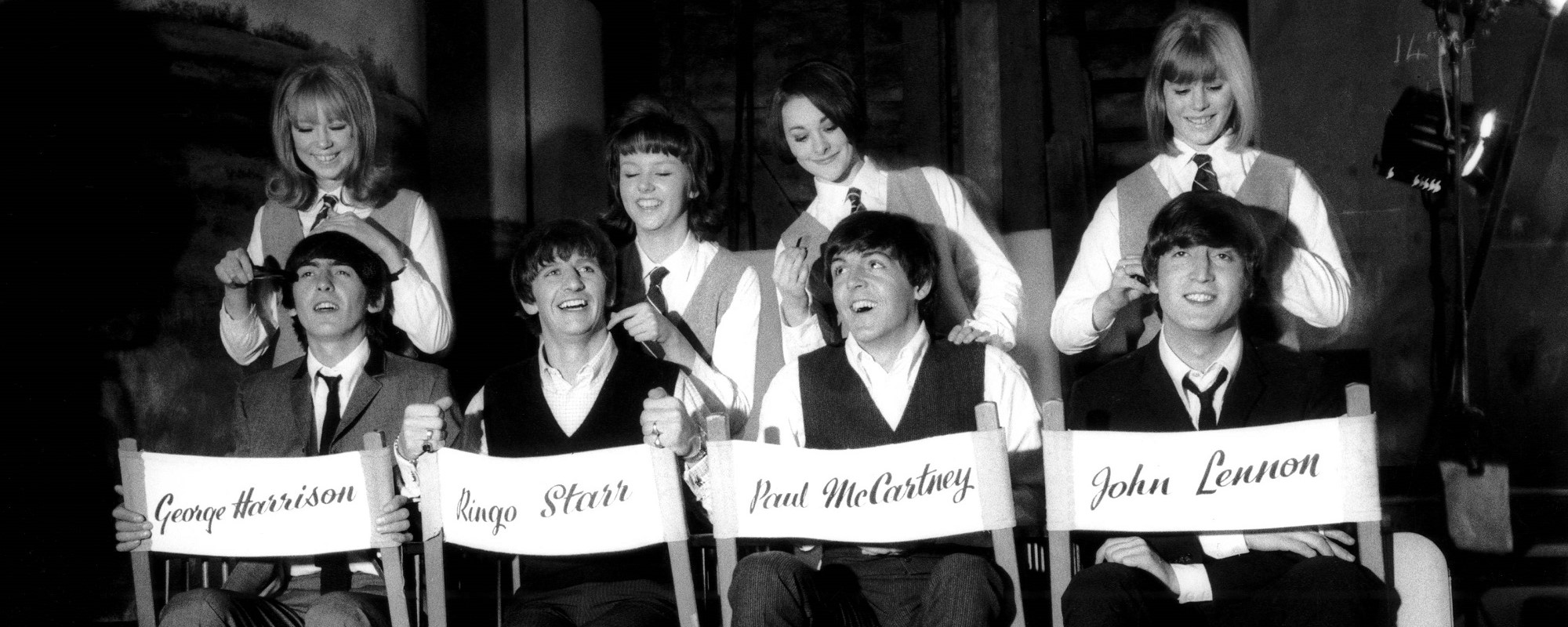
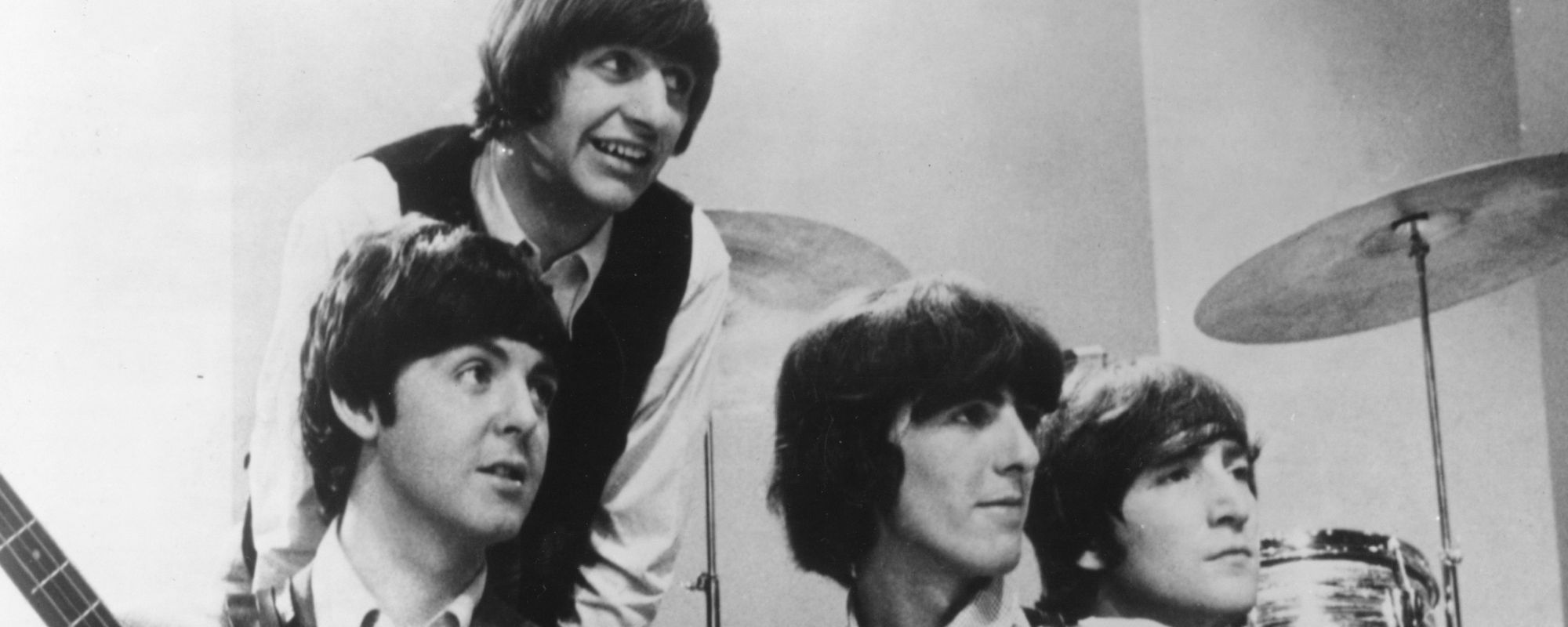
Leave a Reply
Only members can comment. Become a member. Already a member? Log in.